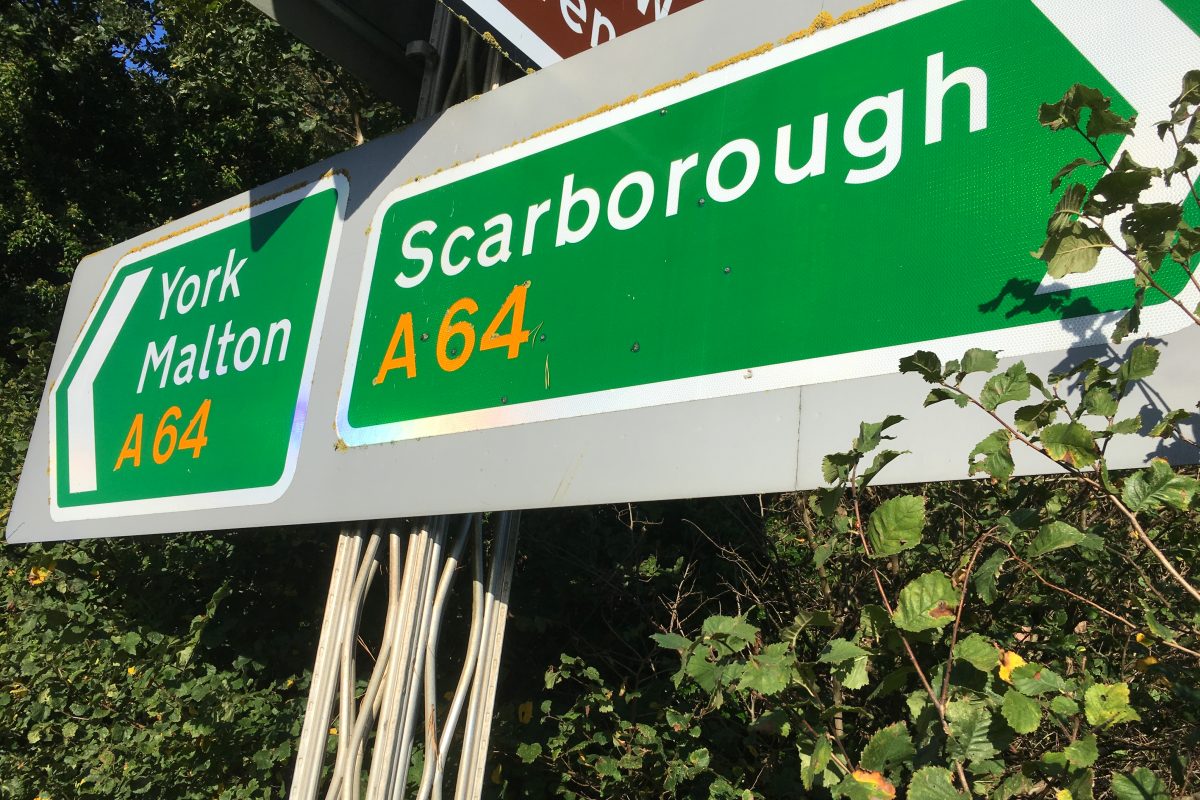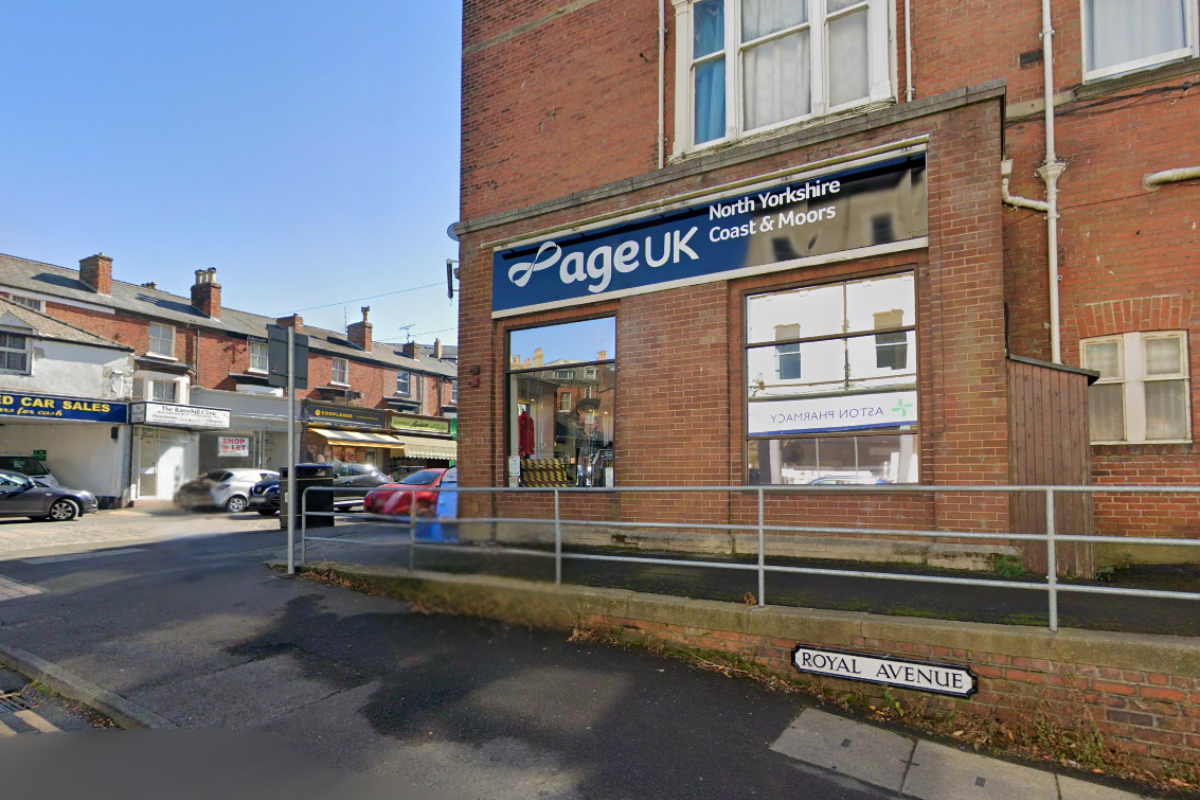Nurses and social workers could be exempt from a tax crackdown that has left tens of thousands saddled with life-ruining bills.
It follows a review of the loan charge, which was introduced in 2017 to recover backdated income tax from contract and agency workers who were paid their salaries in "loans", usually by third party umbrella companies.
Politics Live: Starmer urged to sack Number 10 aide behind leadership briefing
Loans are not subject to income tax. But these loans were not expected to be paid back, so HMRC sees it as a form of tax avoidance.
However, the crackdown has alarmed MPs across the political spectrum as it has been linked to 10 suicides and driven people to bankruptcy.
Sky News understands the former HMRC official who lead the review has suggested a new settlement mechanism based on income and profession, where the least well off would be offered the most respite.
Campaigners argue that the 50,0000 or so affected are victims of mis-selling, as the loan schemes were promoted as legitimate by professional accountants who made commission getting clients into these arrangements.
HMRC has been accused of failing to warn people off these schemes at the time, with the loan charge designed to let it go back 10 years and demand multiple years of unpaid tax in one go and with interest, resulting in huge bills.
The review, led by former HMRC inspector Ray McCann, focused on barriers to settling tax liabilities, with some 40,000 people yet to reach a resolution.
Greg Smith, the Conservative chair of the loan charge All Party Parliamentary Group (APPG), told Sky News there needed to be a fair deal for all "and not just those Labour finds politically convenient".
How did the schemes work?
A large proportion of those affected by the loan schemes were working in IT, finance and other contract-based industries. However, umbrella companies supplying public sector agency workers used these schemes too - and it is this group who are expected to be offered the most help.
While no final decision has been made, campaigners point to a meeting in the spring with Mr McCann and the loan charge APPG, where he is said to have described a plan to recommend settlements based on categories.
The categories suggested included income type, different professions, and how and why people got into the schemes, according to a letter from the APPG to Mr McCann which recounts the meeting.
The letter says Mr McCann acknowledged his plan was "probably a wee bit unfair".
It adds: "You said that you believe that people on the lower end of the income scale are "less sophisticated" and less likely to have access to tax advice.
"Whilst the latter may be the case for many, the reality is that the mis-selling happened to people across the income scale."
One campaigner said the meeting points to a wider "subtle narrative about the deserving and undeserving" and they believe that politically, the government is gearing up "to let off nurses and social workers" while claiming the rest largely knew what they were doing.
Mr Smith said such a plan would be "morally reprehensible" if it went ahead.
He told Sky News: "There is significant talk of the government looking at only subsets of loan charge victims to offer respite too.
"Whilst potentially good for those set for reprieve, it would be morally reprehensible not to apply equity across all victims, recognising the huge impact this has had on so many lives and families.
"We need proper and fair settlement for all victims, not just those Labour see as politically convenient."
A government spokesperson said they would set out their position by the time of Rachel Reeves' budget later this month - when she is widely expected to raise income tax to repair a hole in the public finances.
Ministers have previously hinted at some sort of compromise, saying they want to help people who can't resolve their debts while "ensuring fairness for all taxpayers".
HMRC says the schemes, which they call disguised remuneration, allowed people to avoid paying £20k of income tax per year on average and that they were never allowed.
MPs and campaigners have previously branded the review a "sham", as it did not look into the principle of retrospective tax legislation, HMRC's conduct or the schemes' promoters - only ways to make people pay.
Steve Packham, a spokesman for the Loan Charge Action Group, said: "The concern is that the McCann Review will focus only on helping lower-income public sector workers, when this would be discriminatory and manifestly unfair.
"People in all sorts of roles and professions are clear victims of the same industrial mis-selling by chartered accountants, tax advisers, recruitment agencies and scheme promoters, all of whom made huge sums recommending these arrangements."
If you've been affected by this story and want to talk to someone, you can call the Samaritans free on 116 123 or at jo@samaritans.org

(c) Sky News 2025: Nurses and social workers could be exempt from loan tax linked to at least 10 suicides




 Murdered Sara Sharif should never have been in care of father and stepmother, damning report finds
Murdered Sara Sharif should never have been in care of father and stepmother, damning report finds
 Amber weather warning issued for parts of UK - as Storm Claudia brings heavy rain
Amber weather warning issued for parts of UK - as Storm Claudia brings heavy rain
 Budget 2025: The extraordinary impact of a crime on UK growth that Reeves could do without
Budget 2025: The extraordinary impact of a crime on UK growth that Reeves could do without
 Saturday Night Live announces creative team ahead of UK launch
Saturday Night Live announces creative team ahead of UK launch
 Police motorcyclist who struck woman while escorting Duchess of Edinburgh cleared of causing death by careless driving
Police motorcyclist who struck woman while escorting Duchess of Edinburgh cleared of causing death by careless driving
 First Minister John Swinney 'open' to national inquiry into grooming gangs in Scotland
First Minister John Swinney 'open' to national inquiry into grooming gangs in Scotland
 Sixth suspect arrested in Germany over alleged Hamas plot to attack Jewish targets
Sixth suspect arrested in Germany over alleged Hamas plot to attack Jewish targets
 NHS braced for 'toughest winter' after A&Es and ambulances faced record-breaking October
NHS braced for 'toughest winter' after A&Es and ambulances faced record-breaking October












